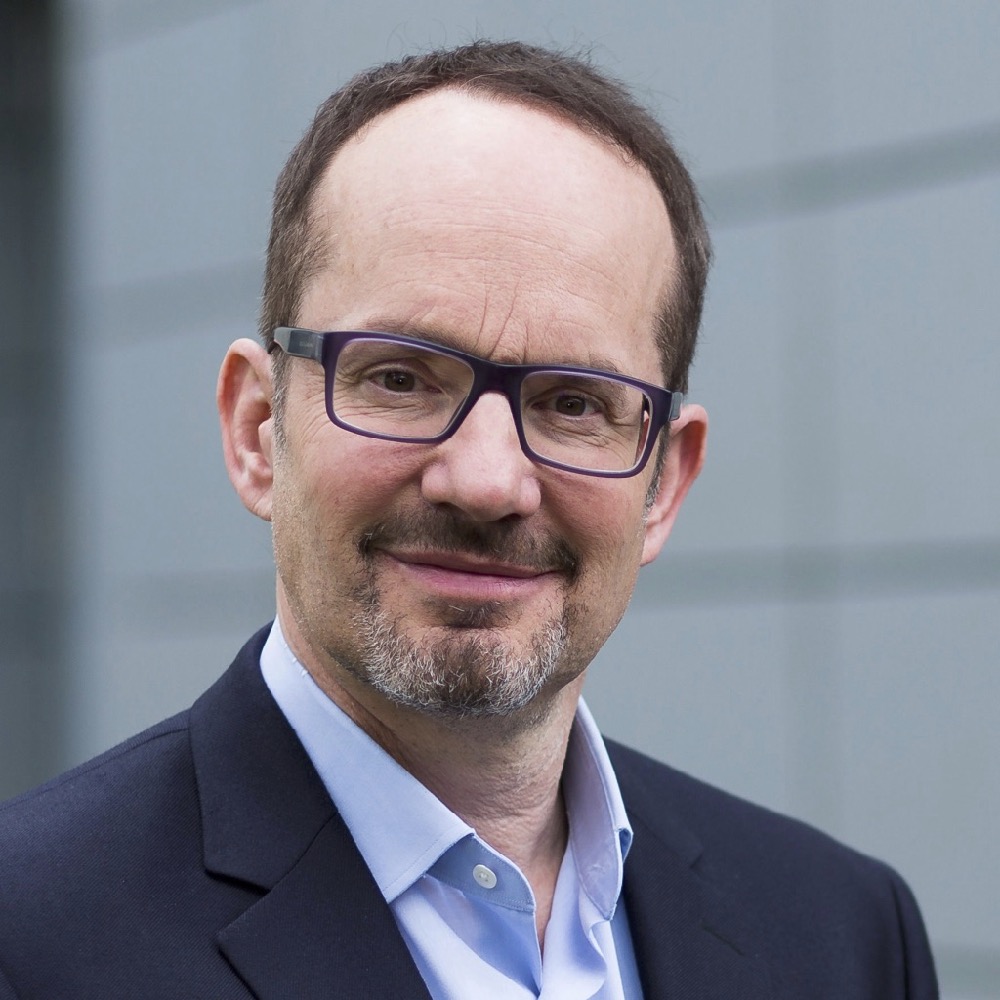
Anthony A Hyman, PhD
The Hyman lab has a long history studying cell polarity, spindle assembly and positioning, and microtubule dynamics using primarily C.elegans as a model system. Hyman was a pioneer in the use of genome-wide RNA interference to study phenotype. More recently, his laboratory has shown that many compartments in cells are liquids that form by phase separation.
In 1984, Anthony Hyman received his BSc first class in Zoology from the University College in London, where he worked as research Assistant in 1981. From 1985 to 1987 he wrote his PhD on “The establishment of division axes in early C.elegans embryos” under the supervision of John White at the Laboratory of Molecular Biology, MRC in Cambridge, England. From 1988-1992 he carried out his postdoctoral research in the lab of Tim Mitchison at UCSF, investigating the mechanism of chromosome movement with in vitro approaches. In 1993, he became a Group Leader at the European Molecular Biology Laboratory in Heidelberg, before he moved to Dresden in 1999 as one of the founding directors of the Max Planck Institute of Molecular Cell Biology and Genetics (MPI-CBG), where he remains a Director and Group Leader today. He was Managing Director of the MPI-CBG from 2010-2013.
Tony has received a number of awards and honors throughout his career. As a postdoc, he was a Lucille P Markey Senior Fellow (1991-1992). He has been a member of ASCB since 1996 and EMBO since 2000 and was awarded its Gold Medal in 2003. In 2002, Hyman was named honorary Professor of Molecular Cell Biology at the Technical University Dresden. In 2011, Hyman was awarded the Gottfried Wilhelm Leibniz Prize, for his work on microtubules and cell division. He was elected a Fellow of the Royal Society (FRS) in 2007. In 2017, he received the Schleiden Medal from the German National Academy of Sciences Leopoldina. In 2020, Hyman was awarded the 2021 Wiley Prize in Biomedical Sciences for his work on biomolecular condensates. He received the 2021 HFSP Nakasone Award together with Clifford Brangwynne and he was elected a member of the German National Academy of Sciences Leopoldina in 2021. In 2022, Hyman received the Körber European Science Prize and in 2023 he was awarded the Breakthrough Prize in Life Sciences for discovering a fundamental mechanism of cellular organization mediated by phase separation of proteins and RNA into membraneless liquid droplets.